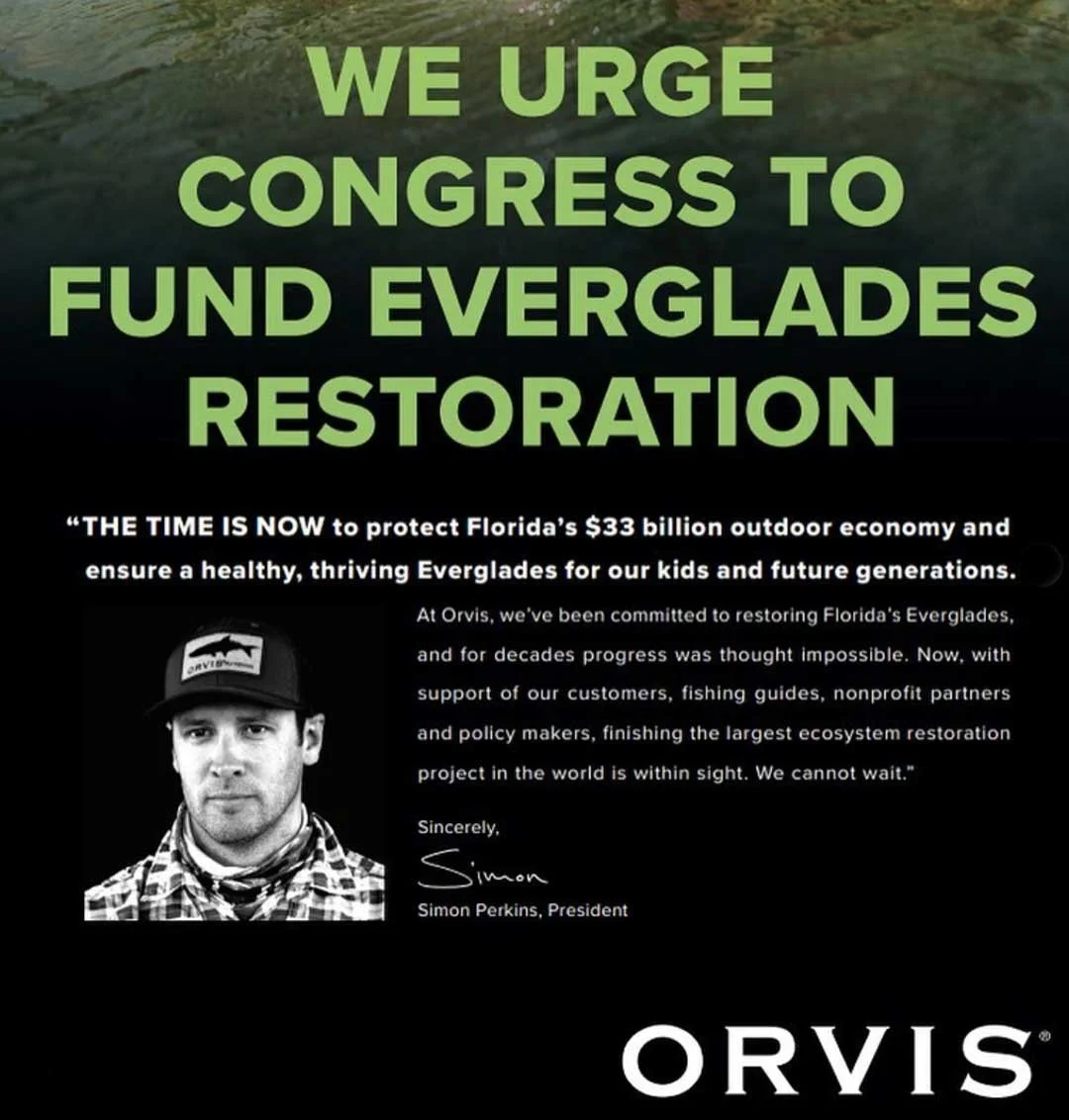Oceanographer Susan Lozier dives into the data, which suggests that ocean overturning is slowing down as waters gradually warm — and takes us on board the international effort to track these changes and set us on the right course while we still have time.
Why do coastal ecosystems matter?
Dave Monti: Better recreational fishing data may be on the way
The Ocean is a Climate Solution
Ocean warming: more than just corals and sea level rise
Rick Spinrad, an oceanographer and current Administrator of NOAA — the National Oceanic and Atmospheric Administration — emphasizes some foundational principles that connect oceanography and meteorology.
NOAA's New Grant Opportunity for Fisheries Habitat Conservation and Coastal Resilience
The National Oceanic and Atmospheric Administration (NOAA) has announced its commitment to sustaining our coasts and marine ecosystems. Through the Office of Habitat Conservation, NOAA has announced the availability of up to $240 million in funding for projects that aim to restore habitats and boost coastal resilience.
Montana Youth Activists Win Historic Climate Change Lawsuit
Bonefish & Tarpon Trust's Dr. Aaron Adams
July will certainly go down as one of the hottest months ever recorded, and in Florida, water temps reached 100 degrees. The Sustainable Angler podcast sat down with Dr. Aaron Adams, Director of Science and Conservation at Bonefish Tarpon Trust to talk about how climate change is impacting everything from tarpon to redfish.
Water is heating up fast. What does that mean for fishing?
On Wednesday, the water temperature in Narragansett Bay was 75.6 degrees Fahrenheit, compared to a 10-year July average of 71.2 degrees. So, no doubt the water in our area is heating up.
Warm water can affect fishing in a negative way. Scientists say that marine heat waves, such as what we are experiencing in our ocean, can disrupt ocean ecosystems and the coastal communities that rely upon them.
Unprecedented ocean temperatures "much higher than anything the models predicted," climate experts warn
Temperatures are rising on land and at sea, with climate experts ringing alarm bells about unprecedented sea surface temperatures in the North Atlantic.
With El Niño's return, warmer-than-average temperatures are expected to persist and could impact sea ice levels, fisheries, and coral.
"We are in uncharted territory, and we can expect more records to fall as El Niño develops further, and these impacts will extend into 2024," World Meteorological Organization director of climate services Christopher Hewitt said Monday. "This is worrying news for the planet."
How oysters are helping protect Apalachicola’s vulnerable shoreline
This nature-based solution involves creating up to 20 acres of engineered oyster reefs and up to 30 acres of salt marshes to attenuate wave action and help protect the vulnerable coastline and critical infrastructure from erosion. The project also provides ecological uplift through oyster repopulation, habitat enhancement and improved water quality.
LINK (via Race to Resilience)
Secretary Raimondo equips NOAA with $3.3 billion for climate fight
During the first week of June, U.S. Secretary of Commerce Gina Raimondo announced $3.3 billion in funding for NOAA under the Inflation Reduction Act. Through IRA, NOAA Fisheries will invest in strengthening the agency’s core mission to provide science-based management and conservation of the nation’s marine resources as we confront climate change. The move was welcomed by the fishing community that has long advocated for enhanced NOAA Fisheries funding to address climate impacts.
LINK (via The Sun Chronicle)
No Fly Zone
NMFS Holds First Recreational Fishing Economic Workshop in Nine Years
Redfish, bluefish, no fish: Climate change threatens traditional fishing waters
U.S. Fishing Policy is Boosting Fish Populations, Not Constraining Most Fisheries
U.S. Interior secretary unveils $125 million for local climate projects
The U.S. Interior Department will send $125 million from the bipartisan infrastructure law to scores of local climate resiliency and conservation projects.
Speaking at the Society of Environmental Journalists annual conference, Interior Secretary Deb Haaland promoted several aspects of the Interior Department’s agenda, including programs receiving funds from the $1.9 trillion bipartisan infrastructure law and Democrats’ 2022 climate and spending law, both of which President Joe Biden signed.
Secretary Haaland called the spending in those laws “once-in-a-generation funding.”
“These investments have the potential to be transformational,” she said.
She said the funding announced Friday will support 240 projects throughout the country. A full list of projects is available here.
LINK (via Florida Phoenix)
Orvis On Capitol Hill
“The time is now to protect Florida’s $33 billion outdoor economy and ensure a healthy, thriving Everglades for our kids and future generations. At Orvis, we’ve been committed to restoring Florida’s Everglades, and progress was thought impossible for decades. Now, with the support of our customers, fishing guides, nonprofit partners, and policymakers, finishing the largest ecosystem restoration project in the world is within sight. We cannot wait.”
Rising seas swell in southeastern U.S. — study
Sea level rise is threatening our coastal communities at an increasing rate. Two studies published within the last month agree: sea levels across the Southeastern U.S. are rising three times faster than the global average, suggesting that communities along the Gulf could be at greater risk than scientists first predicted.
LINK (via E&E News)
We have a golden opportunity to act on ocean sustainability
In this opinion piece in The Hill, Eric Schwaab, senior vice president for the People and Nature Initiative at Environmental Defense Fund, shares some of the actions needed to reverse the adverse climate impacts on ocean ecosystems and make the ocean a cornerstone of the climate solution.














